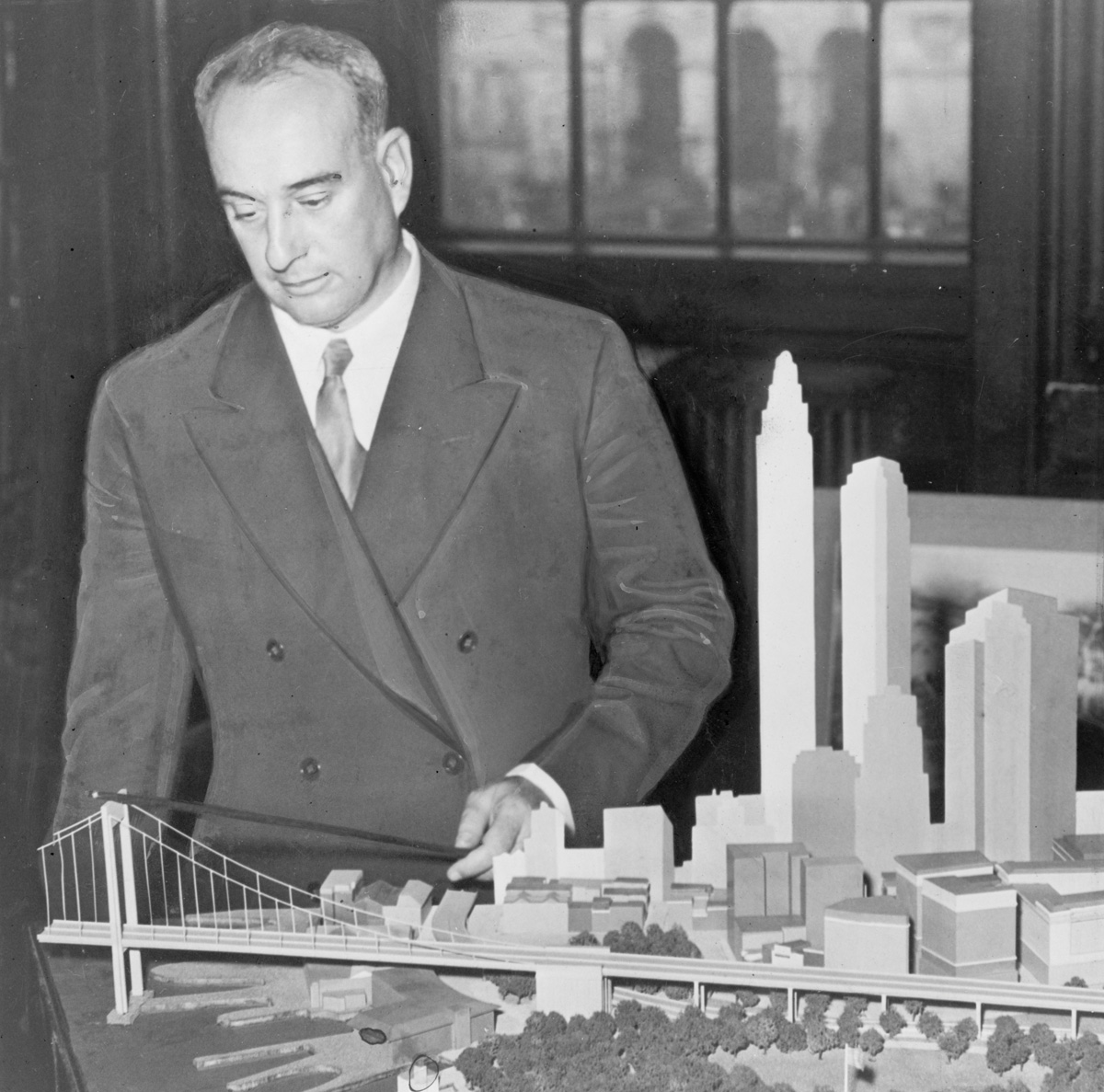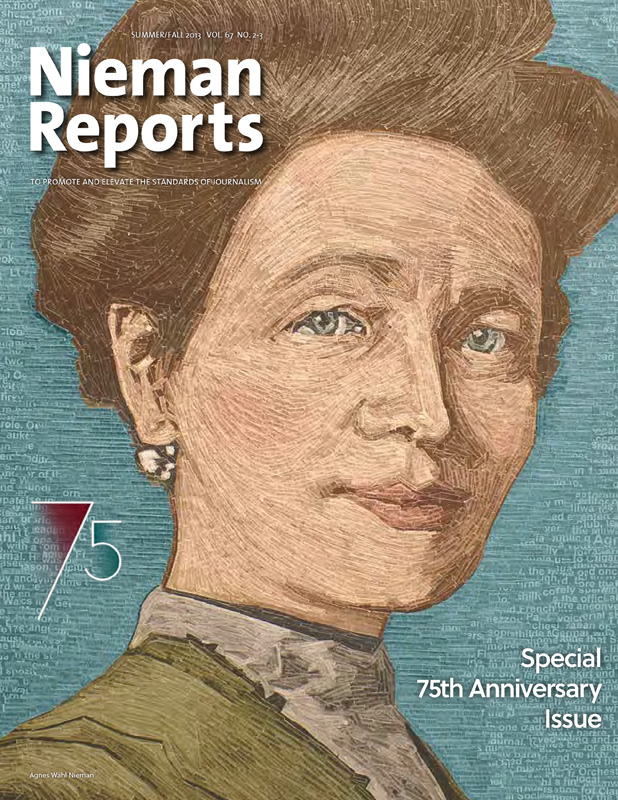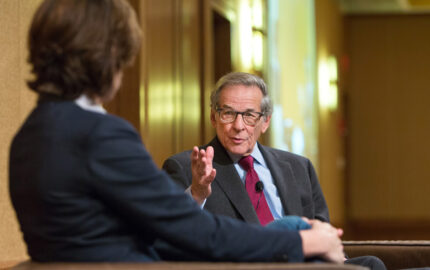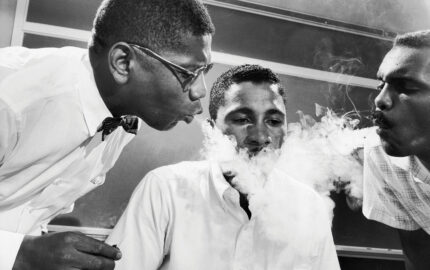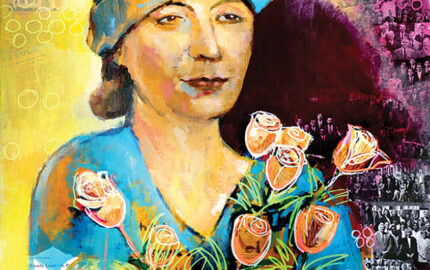Caro’s interest in understanding Robert Moses took on a new urgency as he sat in an urban planning course at Harvard. The result was “The Power Broker: Robert Moses and the Fall of New York,” a landmark in the field of biography
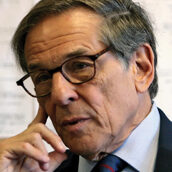
At that time [1965–1966], each house at Harvard gave the Nieman Fellows an office. It was just a little bare room. I had mine in Leverett House. And I would go there at night and read and think. As a reporter, one thing you never have time to do is think. But as a Nieman Fellow, suddenly, what I really had, for the first time, was time to think about what I had been doing at Newsday. And what I concluded was, I didn’t really know very much about what I had been doing. I had been writing about politics more and more, investigative stories about political power, getting more and more interested in political power.
I had always been assuming as a reporter what I had assumed as a student: that in a democracy power comes from the ballot box, from being elected, that power resides in elected officials. But I had already realized as a reporter that this man Robert Moses, who had never been elected to anything, had more power than any mayor or governor. And that he, not any elected official, had shaped the city in which I had grown up. And I, who thought I knew so much about political power, realized while I was up here sitting in Leverett House that I had no idea where Robert Moses had gotten the power to do that.
But in thinking about what I wanted to find out, I realized that I really didn’t want it to be just a biography of Robert Moses. I didn’t want it to be a story of his life. I was interested in his political power—how he got it, how he used it, how he shaped New York with it. That power that had affected so many people, that’s what I wanted to write about. That was quite a moment for me in my life. It happened in a little room at Leverett House, and I am grateful to Harvard for giving me the room and giving me the time to think about it.
From a talk Caro delivered at Harvard’s Kennedy School in 2003
